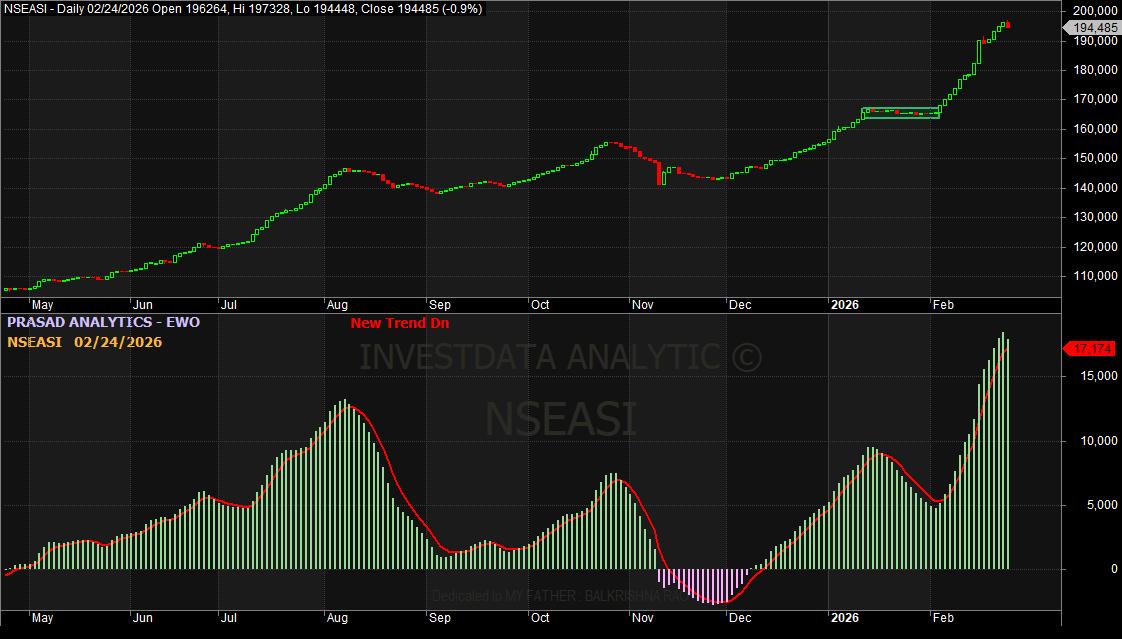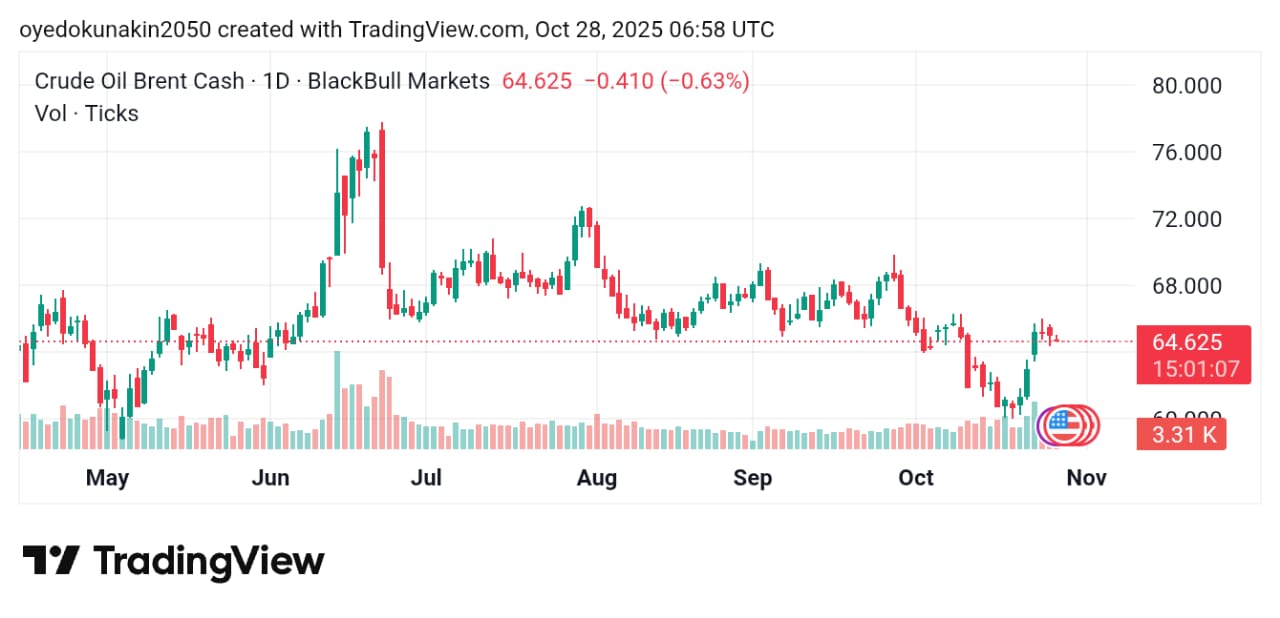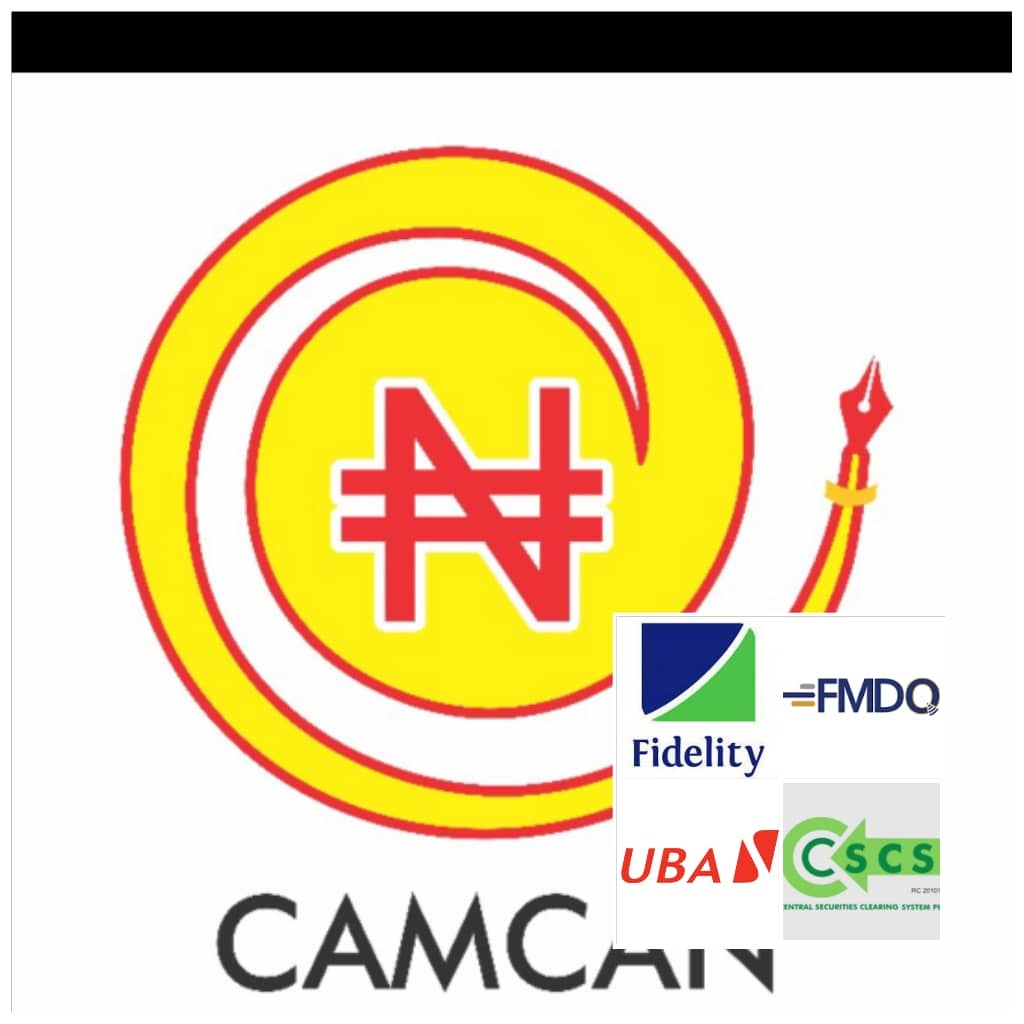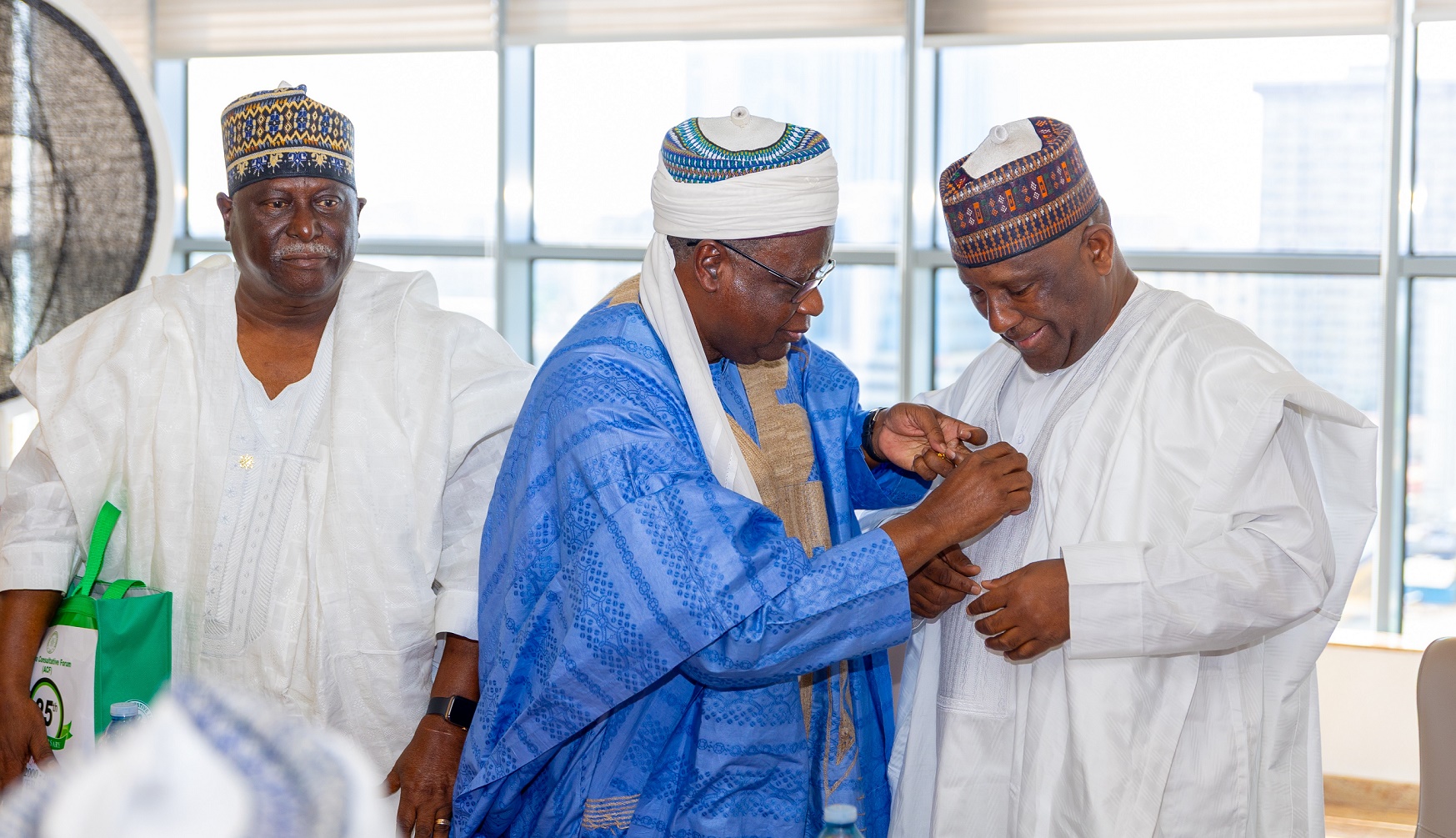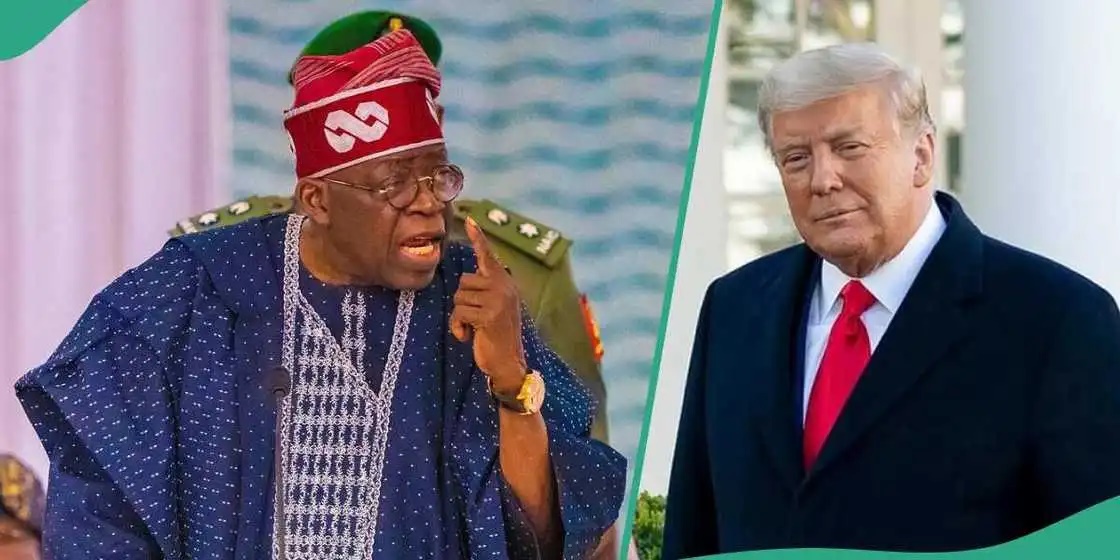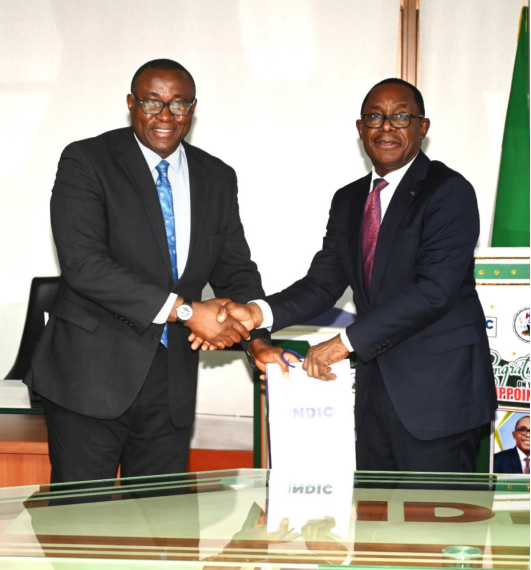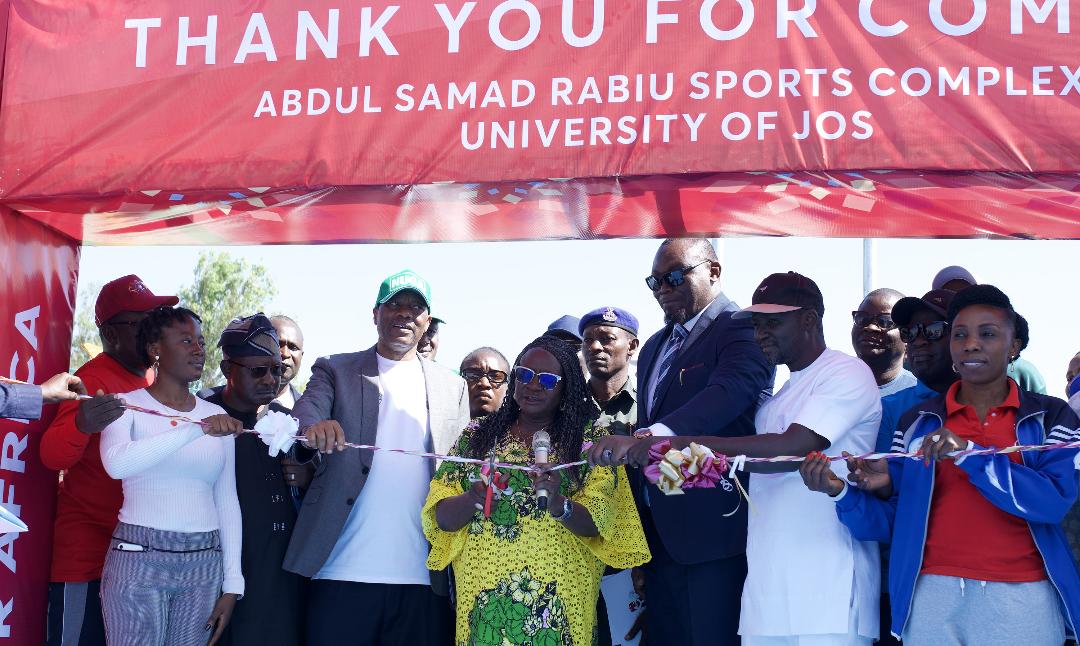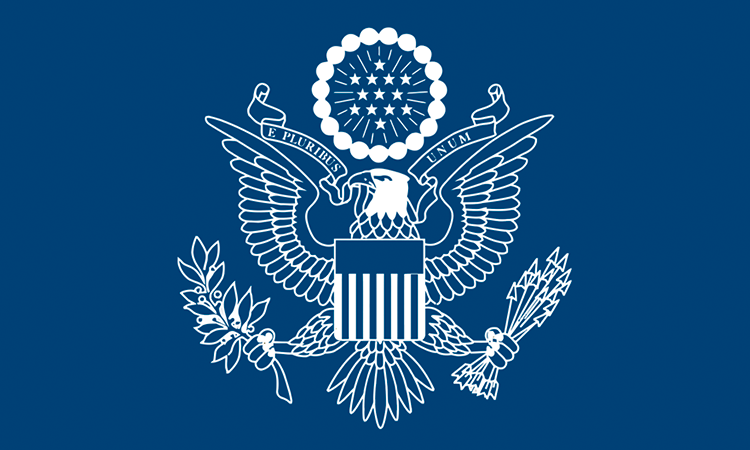
The United States, on Tuesday, announced an increase in visa issuance fee for Nigerian citizens, in what it called reciprocity fee “for all approved applications for nonimmigrant visas in B, F, H1B, I, L, and R visa classifications.”
The enactment of the new reciprocity fee, according to a statement by the Public Affairs Section (PAS) of the U.S. Consulate General in Lagos, followed the decision of Nigeria’s Federal Government to rebuff requests and consultations by the U.S Department of State over the past 18 months since early 2018 for a change in the fee structure charged to U.S. citizens for certain visa categories.
The reciprocity fee is to be levied on Nigerians all Nigerian citizens worldwide, regardless of where they are applying for a nonimmigrant visa to the United States, in addition “to the nonimmigrant visa application fee, also known as the MRV fee, which all applicants pay at the time of application.
The reciprocity fee, which is payable only at the U.S. Embassy or the U.S. Consulate General, rather than at banks, or any other location, “is required for each visa that is issued, which means both adults and minors whose visa applications are approved will be charged the reciprocity fee. The fee can only be paid.”
However, “citizens whose applications for a nonimmigrant visa are denied will not be charged the new reciprocity fee.
“Both reciprocity and MRV fees are non-refundable, and their amounts vary based on visa classification.”
U.S. law, the statement continued, “requires U.S. visa fees and validity periods to be based on the treatment afforded to U.S. citizens by foreign governments, insofar as possible.
“Visa issuance fees are implemented under the principle of reciprocity: when a foreign government imposes additional visa fees on U.S. citizens, the United States will impose reciprocal fees on citizens of that country for similar types of visas. Nationals of a number of countries worldwide are currently required to pay this type of fee after their nonimmigrant visa application is approved.”
Explaining the increase, the statement said “the total cost for a U.S. citizen to obtain a visa to Nigeria is currently higher than the total cost for a Nigerian to obtain a comparable visa to the United States.
The new reciprocity fee for Nigerian citizens is therefore meant to eliminate such difference in cost.
Specifically, while short-stay visa applicants (business and pleasure visits of up to one year) classified as B1 and B2, or B1/B2, F1 and F2 visa reciprocity fee is $110 each. The fee for H1B (for temporary employment of foreign workers) and H4 visas (dependant family members- spouse and children of H1B visa holders) is pegged at $180 apiece. Those classified as I (nonimmigrant visa for representatives of foreign media houses traveling temporarily to the U.S for assignment) goes for $210; followed by L1 (Intercompany transferees) and L2 (dependents of L1 visa holders) which will now go for $303 each; R1 (for religious ministers and workers in religious vocation or occupation to work in the U.S for a period of up to five years) and R2 (for dependants of R2 visa holders) goes for $80.




